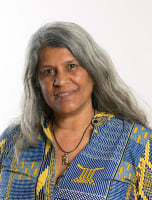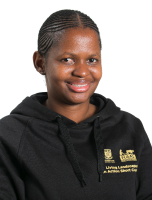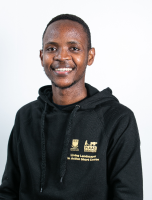Why this course?
Have you ever wondered why current conservation paradigms do not seem to be able to halt the global biodiversity extinction crisis? Or why many conservation approaches find it so hard to do justice to people and integrate new ideas of ‘living with’ biodiversity rather than separating people and nature? Or why conservation always gets so caught up in politics? Then this is the short course for you!
The global biodiversity crisis has deepened rapidly over the past decades. So much indeed that we are now facing a ‘sixth mass extinction’ crisis in the history of the planet. Many aim to fight this crisis, especially global and local conservation actors. However, there seems to be a troubling contradiction, namely that the extinction crisis has deepened in exactly the same period as we have seen the development and even success of mainstream conservation approaches like the expansion of public and private protected areas and the rolling out of environmental services programs. Prompted by this contradiction, the last years have witnessed the emergence of new approaches to conservation to try and reverse the crisis, including the 30×30 campaign to protect 30% of the planet by 2030, natural capital and biodiversity economy approaches and the idea of ‘nature-based solutions’, amongst others. These new approaches, however, also do not fundamentally challenge the dominant ideas that have animated modern conservation since its beginning in the 19th century. With the crisis now intensifying, it seems clear that new and more transformative conservation paradigms are needed. This short course provides a holistic overview of global conservation paradigms, their strengths and weaknesses and why new, more transformative paradigms are currently gaining ground.
It does so with specific reference to how the biodiversity crisis takes on specific connotations in the Southern African context where conservation has been quite successful, yet major issues still remain. Beside the worry over certain species groups (like amphibians, etc.), the main problem with conservation in the South(ern) African context is the continuing (racial, gender and other) inequities that remain highly persistent, and are sometimes even getting worse. Social and environmental justice issues still receive too little systemic attention and need urgent action.
The Institute of Poverty Land and Agrarian Studies (PLAAS) at the University of the Western Cape (UWC) hosted a five-day short course with Wageningen University, aimed at transforming conservation ideas and practices in Southern Africa in biodiverse rural, urban, land and ocean spaces. This is part of the Oak Foundation Funded Living Landscapes in Action project.
What is the course content?
The key themes and concepts covered in the course were:
- Histories and paradigms of conservation, in South(ern) Africa and globally and the current biodiversity crisis and how this is unequal across space and time;
- Political ecology in relation to conservation: how to understand conservation in a broader context focused on tackling both the extinction crisis and urgent issues of social justice?
- Alternatives to mainstream conservation and possibility for sustainable transformation;
- Themes in conservation: rights, violence, law, gender, livelihoods, access, and biodiversity.
- Fieldwork trip to contextualise the conservation challenges in key living landscapes field sites.
Programme
Lecturers
Lecturers presenting on the short course.
Participant Profiles
We have 27 participants selected through an open competitive process spanning across Eswatini, Kenya, Lesotho, Malawi, Namibia, Rwanda, South Africa, Tanzania, Tunisia, Uganda and Zimbabwe. These are professionals working in biodiversity conservation, natural resource management, and governance (land, water, and ocean), including government agencies, conservation organisations, private organisations and community-based organisations working on conservation issues, conservation NGOs, and related agencies in Southern Africa.
Funding
The short course was fully funded by The Oak Foundation.

Partner logos







































